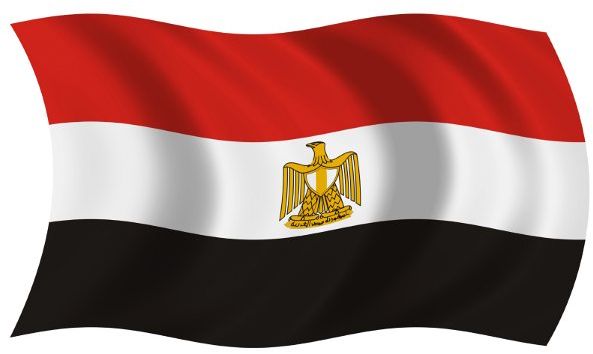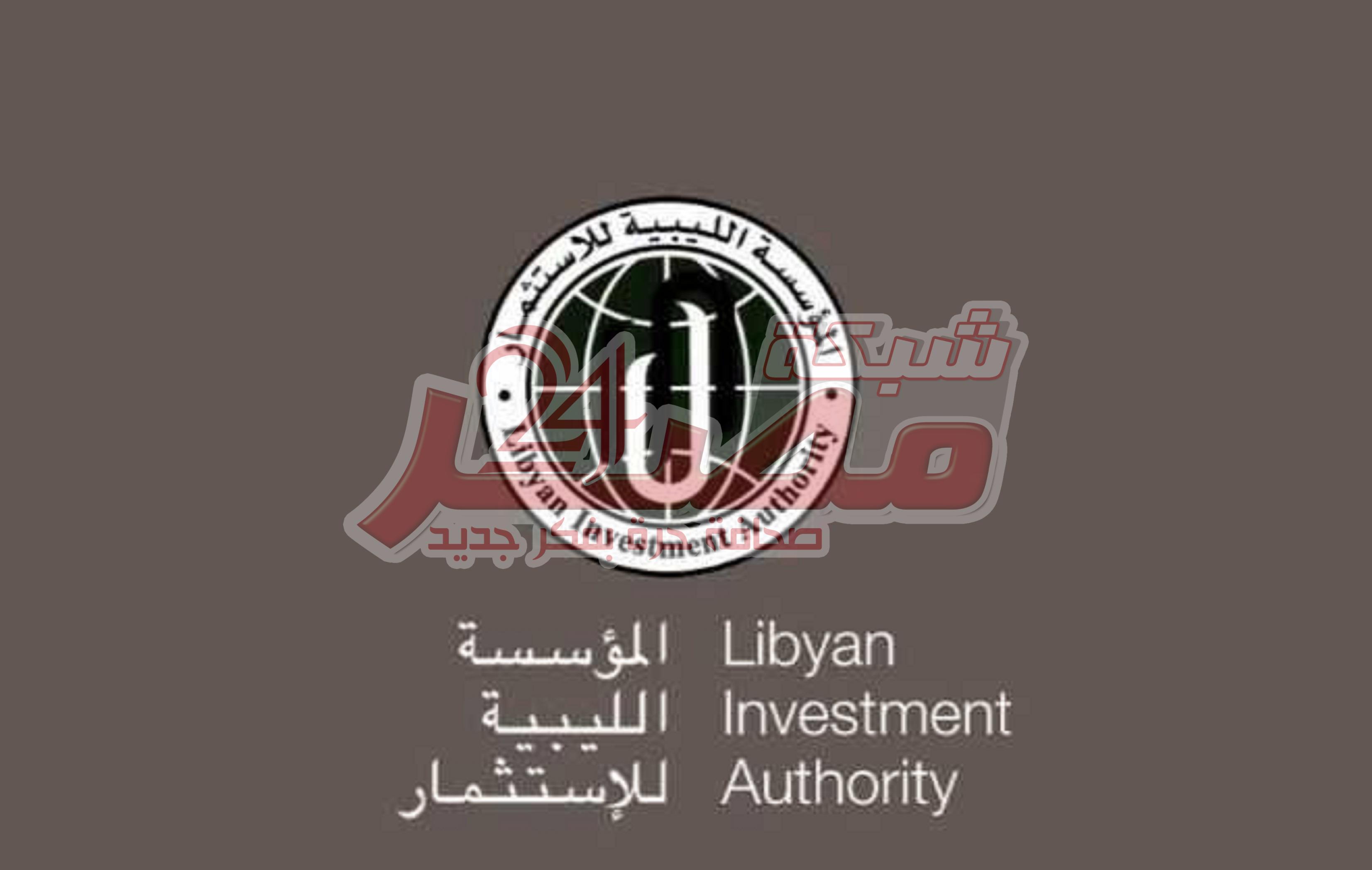

أصدر المجلسي الرئاسي الليبي مؤخراً قرارا بتأسيس لجنة تسييرية مؤقتة لإدارة المؤسسة الليبية للإستثمار.
ويبدو أن الدوافع من وراء هذ القرار دوافع طيبة وهي توحيد قيادة المؤسسة وصندوق الثروة السيادي الليبي. إلا أنه بعد التدقيق في القرار يتضح أن القرار في حقيقة الأمر سيء ولا يأتي على البلاد والمؤسسة وعلى ليبيا بصفة عامة بالخير.
أولا هناك تساءلات حقيقية حول شرعية هذا القرار. فليس من المستبعد أن يكون هذا القرار مخالفا للقانون الليبي ولمستندات ولوائح المؤسسة، وللقانون رقم 13 الذي يعتبر العمود الفقري للمؤسسة والحاكم لكل أعمالها ونشاطاتها... ولا يلتزم به. فالهيئة الوحيدة الذي تملك حق تعيين أعضاء مجلس الإدارة والمدراء التنفذيين في المؤسسة هي مجلس الأمناء.
وثانيا، فإن القرار يزيد في تعقيد الهدف الذي يرمي اليه، والذي هو هدف واضح وصريح، ألا وهو التوفيق في النزاع المستمر بين الإدارة الأم للمؤسسة في طرابلس وبين الكيان الموازي الذي استحدث في طبرق. فبدلا من تشجيع ودعم الجهود الرامية للتقارب ولمّ الشمل، فإذا بنا نجد المجلس الموقر يشتط في اتجاه آخر ويدفع بفصيل جديد في الحلبة، ألا وهو اللجنة التسييرية، دون أي تشاور أو مناقشات لأهدافها أو اختصاصاتها مع أي من الطرفين. وهذا بلا شك من شأنه أن يجعل الهدف الأساسي للمصالحة والتوفيق بين الطرفين أبعد منالا وأكثر صعوبة من ذي قبل.
هذا الوضع يبعث على الإحباط وخيبة الأمل خاصة في ضوء التقدم الذي أحرزه الرئيس والمدير التنفيذي للمؤسسة السيد عبدالمجيد بريش، لتوحيد الطرفين والقضاء على النزاع.
إن السيد بريش عقد في الفترة الأخيرة محادثات هامة مع عدد من أعضاء مجلس الأمناء المعينين من المسؤلين في طبرق. والهدف هو تأسيس مجلس إدارة واحد وموحد مصدق عليه من قبل حكومة الوفاق الوطني ومجلس أمناء المؤسسة في طبرق. وأنا أول من يأمل في نجاح هذه المحادثات، فالوقت الآن غير مناسب لتحويل مجرى عملية توحيد المؤسسة.
وثالثا، فإن قرار إنشاء لجنة تسييرية في وقت لم يعد في غالبية مناطق البلاد للنظام أو القانون وجود يذكر، يعرض أصول وممتلكات الدولة والمؤسسة المجمدة لمزيد من المخاوف والتهديدات غير اللازمة.
هناك عدد لا بأس به من الناس، لا يرغبون في شيء أكثر من أن يضعوا أيديهم على صندوق المؤسسة، وحجمه 67 مليار دولار أكثره خاضع للتجميد وفي الحفظ والأمان، وذلك لأغراض عسكرية وسياسية صرفه.
لقد شاهدت بعيني قيادة المؤسسة في طرابلس وهي تشن الحملة بعد الحملة، بقوة وإصرار من أجل المحافظة على أموال الدولة تحت التجميد، حماية لثروة الشعب الليبي.
وأفضل ما يمكن أن يوفر لهذه الأموال والممتلكات هو وجود مؤسسة واحدة مسئولة ومؤهلة فنيا ومهنيا، وليس فصائل منفصلة ومتصارعة تتولى أمرها كمجالس للإدارة يضرب بعضها رقاب بعض.
وهذا يأتي بنا إلى النقطة الرابعة التي يمكن إثارتها في إطار تأسيس هذه اللجنة وهي عما إذا كان لدى هؤلاء المسئولين على هذه المؤسسة الكفاءات والتجربة والخبرات العملية والحنكة مما يؤهلهم لإدارة أكبر صندوق ثروة سيادي في القارة الأفريقية.
فهناك قرارات في غاية الحساسية والأهمية لا بد أن تؤخذ فيما يتعلق بإدارة شئون وأعمال المؤسسة اليومية، وإعادة بناء وتطوير المؤسسة، والحاجة إلى وضع الإتفاقيات الهامة التي تبرمها المؤسسة مع الهيئات في الخارج، والحاجة الى مواصلة المتابعة المستمرة في القضايا المرفوعة من قبل المؤسسة ضد شركات ومصارف وأشخاص بملايين الدولارات في الخارج.
كل هذه المهام والإجراءات تتطلب مستوى عاليا من المهارات الفنية والمهنية والمالية والقانونية. ولا حاجة للقول أن عمل المؤسسة يحتاج الى اتقان ممتاز للغة الإنجليزية، خطابة وقراءة وكتابة، كى يتسنى لهم تحقيق الأهداف المشار إليها.
وأخيرا لا بد من طرح هذا السؤال: ما هي الأسباب التي تدفع بالمجلس الرئاسي وبحكومة الوفاق الوطني إلى الإهتمام بشئون المؤسسة في هذا الوقت بالذات؟
لقد ظلت المؤسسة في طرابلس طوال هذه الفترة العصيبة مثلا حيا للإستقرار. فقد نجحت في المحافظة على تجميد الأرصدة والأصول، وفي رفع مجموعة من القضايا في الخارج ومتابعتها بحنكة ومهنية عالية. هذه القضايا تسير بخطى رصينة وإيجابية. ونحن كليبيين أملنا كبير في أن نجاحها لن يحقق العدالة في الذين حاولوا نهب أموال المؤسسة فحسب، ولكنه سيمكننا من استرجاع قدر كبير من ثروتنا الوطنية التي نحن أولى الناس بها وفي حاجة اليها لتعمير البلاد وإعادة بنائها على انماط حديثة ومشرفة.
إن الكارثة الليبية تظل مستمرة. وتظل البنية التحتية للبلاد تواجه خطر الإنهيار الكامل والخطف والجريمة في توسع واستمرار، ويظل الإقتصاد في أوضاع صعبة وخطيرة بهبوط رهيب في أرصدة ليبيا من العملة الخارجية.
ومن هنا يتضح بكل تأكيد أن تركيز المسئولين يجب أن يتجه الى حماية واستعادة أهم ما في اقتصاد ليبيا من موارد ألا وهو الرفع من قدرات ليبيا النفطية بزيادة الإنتاج اليومي وزيادة حجم الصادرات. فلما لا يهتم المجلس الرئاسي بفتح حقول النفط وتصديره من أجل رفع مستوى الدخل الوطني الذي تحتاجه البلاد.
ولماذا لم يحل المجلس الرئاسي معضلة السيولة في البلاد، أو الخطف المتفشي وانهيار القانون والنظام في أغلب المناطق.
على المجلس الرئاسي أن يتوقف لحظة ليفكر في ما هو أفضل وأحسن للليبيين. فهو في حاجة بكل بساطة الى إعادة حساباته وترتيب أولوياته من جديد كي لا يكون غمة على ليبيا وشعبها.
The Presidential Council’s order to appoint a temporary committee to manage the Libyan Investment Authority is legally questionable and bad for Libya
The Presidential Council recently issued an order to establish a temporary Steering Committee to manage the Libyan Investment Authority (LIA).
The motive behind the decision seems sincere – to unite the leadership of our nation’s sovereign wealth fund. However on closer inspection, the decision is bad for the LIA, and bad for Libya.
Firstly, there are serious questions about the legality of the move. The decision may very well not comply with Libyan law, with the LIA’s governing documents or with Law 13 which governs the LIA. The only body entitled to appoint directors and executive managers of the LIA is the LIA’s Board of Trustees.
Secondly, the resolution complicates what should be a clear and straightforward objective: to reconcile the long-standing dispute between the LIA in Tripoli and the parallel institution in Tobruk. Instead of encouraging and supporting these efforts, the Presidential Council purports to create a third competing faction, the Steering Committee, without even discussing its intentions or consulting with either side. This will make achieving the goal of reconciliation even more difficult.
This is particularly frustrating, given the recent progress that has been made to unify the LIA being led by its Chairman and Chief Executive, AbdulMagid Breish.
In recent weeks, Mr Breish has held important discussions with directors of the Tobruk-appointed Board of Trustees. He is seeking to establish a single, united Board of Directors that can be approved by both the Government of National Accord and the Tobruk Board of Trustees. I, for one, hope he succeeds. Now is not the time to derail the progress that is being made to unify the LIA.
Thirdly, the decision to create a Steering Committee, at a time when law and order has broken down in so many parts of the country, puts the assets of the LIA which are frozen at further and unnecessary risk.
There is no shortage of people who would like nothing more than to get their hands on the LIA’s $67 billion, most of which are frozen and safe, for their own military and political purposes.
I have witnessed the Tripoli-based leadership of the LIA campaigning consistently and vigorously to keep the asset freeze in place, to safeguard the wealth of the Libyan people.
These assets are best protected by having a single, accountable and technically qualified authority in charge – not by creating a competing management board.
This brings us to the fourth key issue to raise in relation to setting up the Steering Committee – whether those at the helm of the LIA have the appropriate qualifications to manage Africa’s biggest and most important sovereign wealth fund?
Important decisions need to be taken about the management of the LIA’s day-to-day operations, including the ongoing restructuring of the LIA, the need to broker important agreements overseas and the need to progress the LIA’s ongoing multi-million dollar litigations.
All this requires high-level technical, financial and legal skills. It should also go without saying that the ability to speak excellent English will be fundamental to achieving these objectives.
Finally, the question must be asked: why on earth is the GNA focusing on the LIA right now?
The LIA in Tripoli has been a rare beacon of stability in Libya in recent months. It has succeeded in preserving the asset freeze and, perhaps most notably, has continued to pursue its litigations overseas. These litigations are going well and we, as Libyans, hope not only to bring to justice those who have defrauded the LIA, but also to get our money back – money we desperately need to finance the re-building of our country.
Meanwhile, Libya’s malaise continues. Its infrastructure is creaking. Kidnappings are all too common. And the economy remains in serious difficulty, with foreign currency reserves depleting at a frightening rate.
Surely the focus, above all else, must be on protecting and restoring the most valuable part of the country’s economy – the country’s oil producing and exporting capacity? Why hasn't the Presidential Council focused on opening the oil fields for the export of crude, to earn some desperately needed funds for the country?
Why hasn't the Presidential Council solved the liquidity crisis, or the kidnapping and lawlessness that exists?
Now is the time the Presidential Council should pause for thought, and consider what is in the best interests of the Libyan people. Put simply, it needs to reassess its priorities.
إضافة تعليق جديد